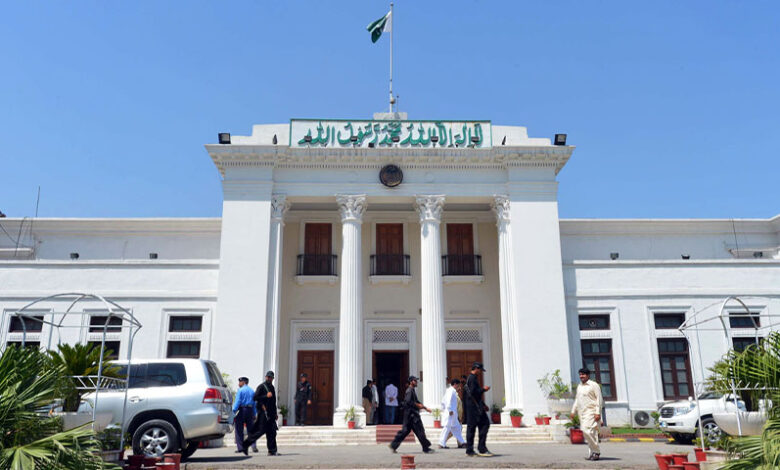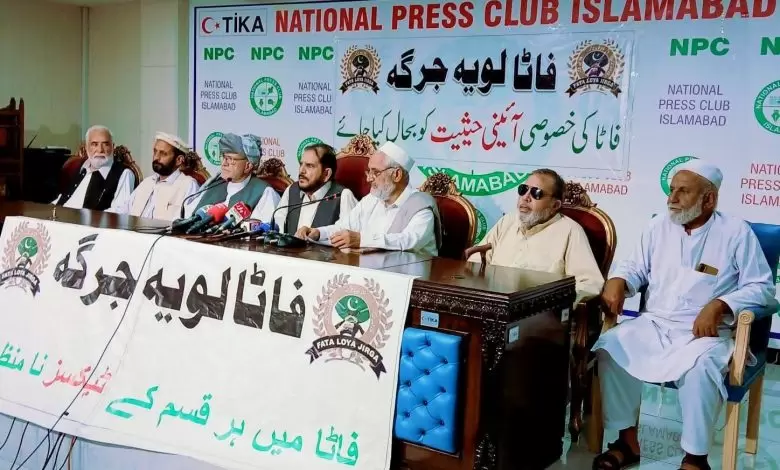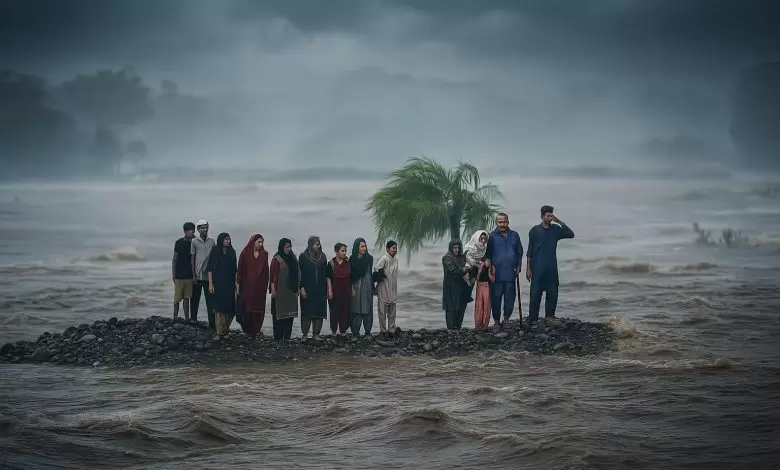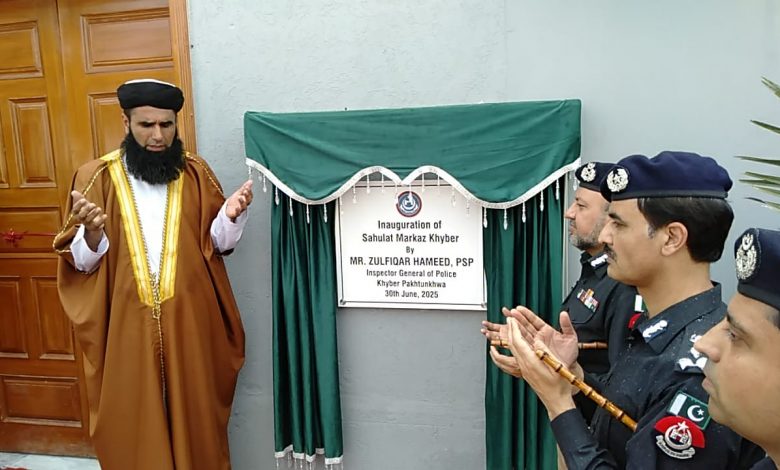
The newly elected government of Khyber Pakhtunkhwa is poised to confront three significant challenges in the realms of governance: financial crisis, terrorism, and administrative issues.
According to documents from the Finance Department, the accumulated debt burden on Khyber Pakhtunkhwa has surpassed 530 billion rupees. However, upcoming financial agreements with international institutions are expected to amplify this debt to over 1100 billion rupees in the coming years.
An official from the CTD Khyber Pakhtunkhwa highlights the vulnerability of regions like Shawal in North Waziristan and the Zhob border in Balochistan due to inadequate fencing. This lack of security infrastructure facilitates the easy infiltration of militants who engage in terrorist activities. Experts suggest that erecting barriers in these areas could effectively impede the movement of terrorists.
Also Read: Lost in Translation: A Tale of Misunderstanding and Unchecked Hostility
The precarious law and order situation in Khyber Pakhtunkhwa has instilled fear and panic across the province, with incidents of terrorism persisting both before and after the recent elections. Analysts argue that the ongoing terrorism has led to an exodus of investors from the province, with some opting to leave the country altogether, thereby adversely affecting the regional and national economy.
Renowned journalist and analyst Mehmood Jan Babar contends that the province's people had high expectations from Tehreek-e-Insaaf to address their concerns. However, he emphasizes that these issues extend beyond mere political solutions and involve a bureaucratic system plagued by corruption.
Babar asserts that the existing system requires a comprehensive overhaul, creating mechanisms that compel government officials to fulfill their duties and eradicate bribery and corruption.
He further notes that while Chief Minister Ali Amin's commitment to improving law and order and combatting terrorism is commendable, the withdrawal of investors due to terrorism and extortion poses a considerable economic challenge.
Babar stresses that overcoming these issues necessitates collaborative planning between the provincial and federal forces. He underscores the importance of addressing the problems faced by the people promptly, highlighting the need for systemic changes.
Chief Minister Ali Amin's declaration that minerals from the province will not be allowed to be transferred out without due consideration for the rights of the local population is a positive step.
Babar suggests that the exploitation of these minerals has disproportionately benefited external entities, while the province has borne the environmental and economic costs. He concludes that concrete actions and strategic planning are crucial for the prosperity of the province.
Renowned senior journalist Shamim Shahid has emphasized the critical need for Khyber Pakhtunkhwa to foster better relations with the federal government to address the prevailing financial crisis. Under the National Finance Commission (NFC) award, the federal government is obligated to make various payments to Khyber Pakhtunkhwa, encompassing hydel profits, net profit from oil and gas royalties, and grants for underdevelopment and counter-terrorism efforts.
Shahid warned that without improving provincial-federal relations, the condition of the province is poised to worsen, noting that Khyber Pakhtunkhwa has not received its full share of the NFC award in the past decade.
Highlighting a missed opportunity, Shahid noted that during the Pakistan Tehreek-e-Insaaf (PTI) regime and the FATA merger, it was decided that one percent of the NFC would be allocated to the merged districts of Khyber Pakhtunkhwa. However, the execution of this decision has yet to materialize.
Shahid called upon the PTI government to exhibit leadership and effectively manage the province, steering it toward improvement in the face of financial challenges.
Lutf-Ur-Rehman, a leader from Jamiat Ulema-e-Islam, echoed concerns about the nationwide financial crisis, stressing the necessity of a robust democratic system to enhance the economy.
Rehman asserted that the strength of the democratic system is contingent on the power of the people, allowing for independent decision-making. Currently constrained by IMF terms, the country needs a resilient democratic framework to make informed and effective decisions.
Highlighting the province's potential, Rehman underscored Khyber Pakhtunkhwa's abundance of mineral reserves and its contribution to the country's water and electricity supply. He called upon the provincial government to make prudent decisions that would contribute to resolving the financial crisis and benefit the people.
Irfan Khan, another senior journalist, drew attention to the severe financial crisis confronting Khyber Pakhtunkhwa. He pointed out that the province is grappling with arrears of over six hundred billion rupees from the federal government.
Additionally, Khan noted recent security challenges in southern districts, where armed groups have targeted the region. Criticizing the coalition government formed by Tehreek-e-Insaf and Sunni Ittehad Council for alleged leniency toward armed organizations, Khan recalled the party's past lenient approach in allowing the entry of militants during its previous tenure.
1.jpeg)
.jpeg)
01 Jul, 2025

.jpeg)


